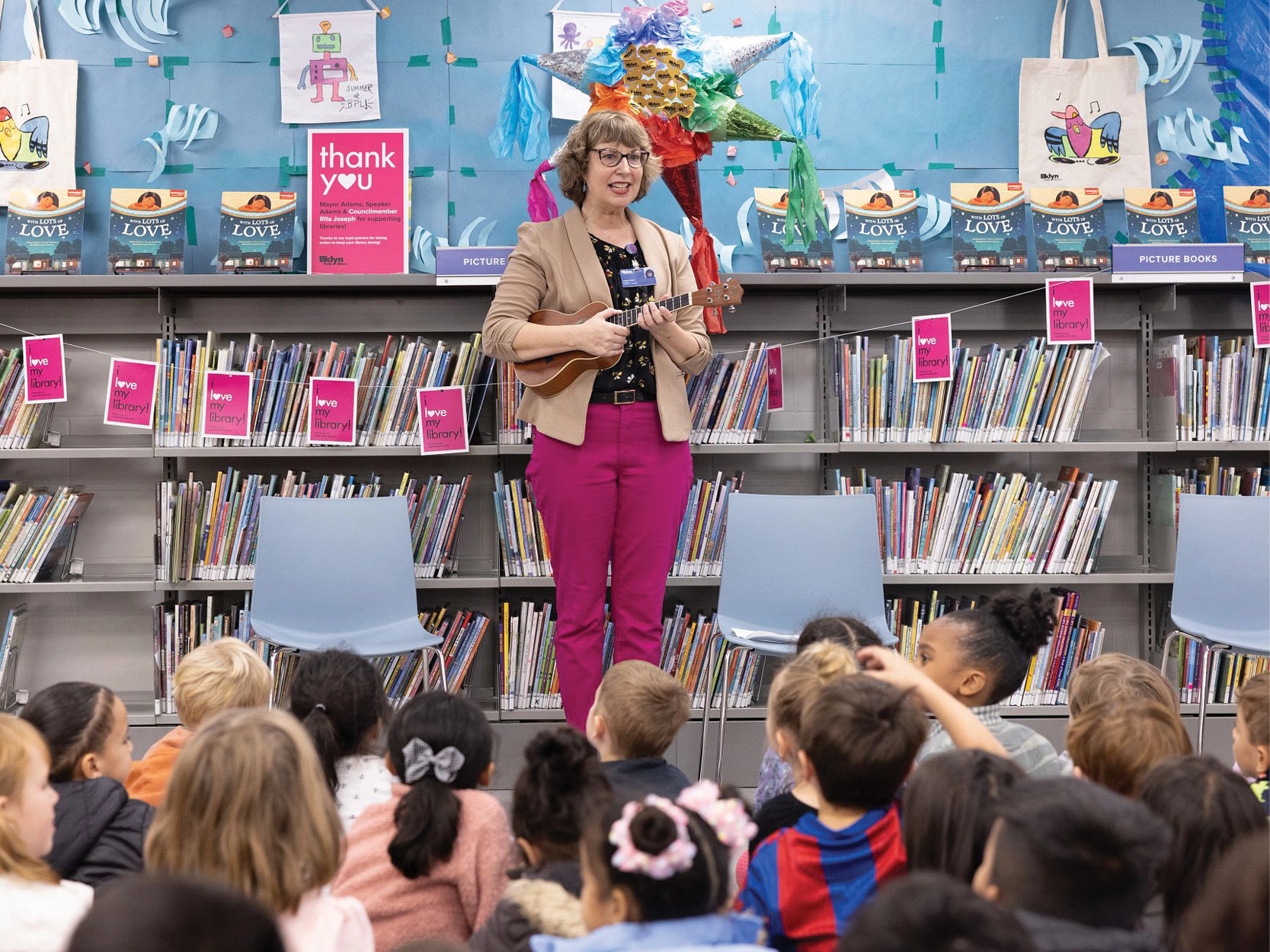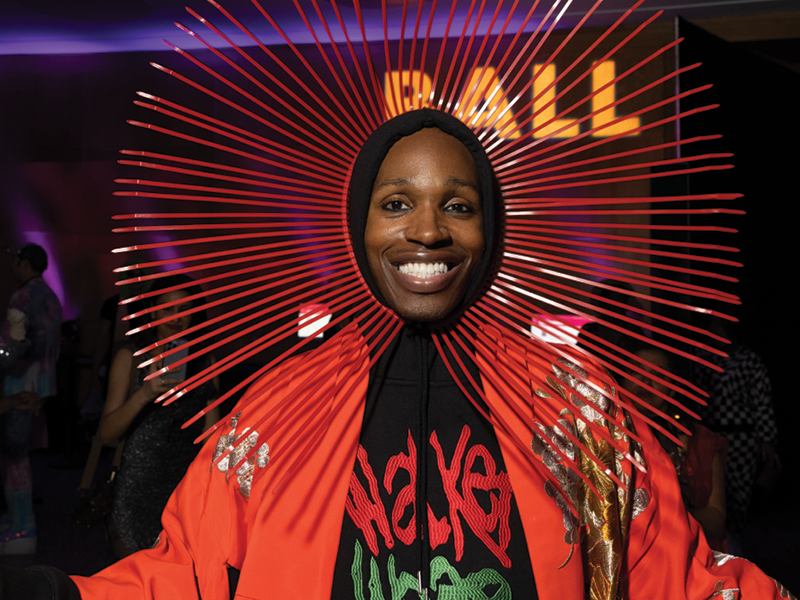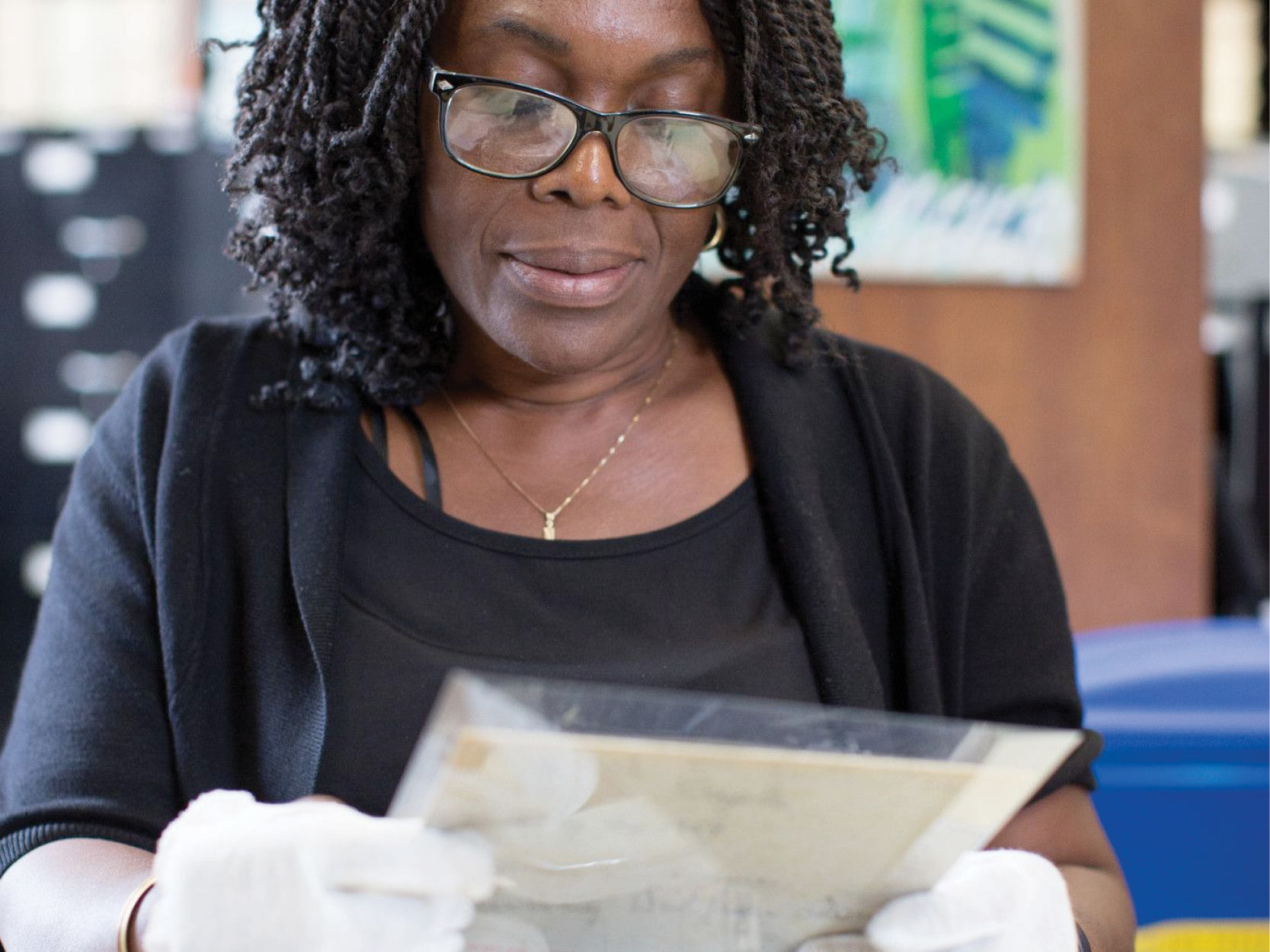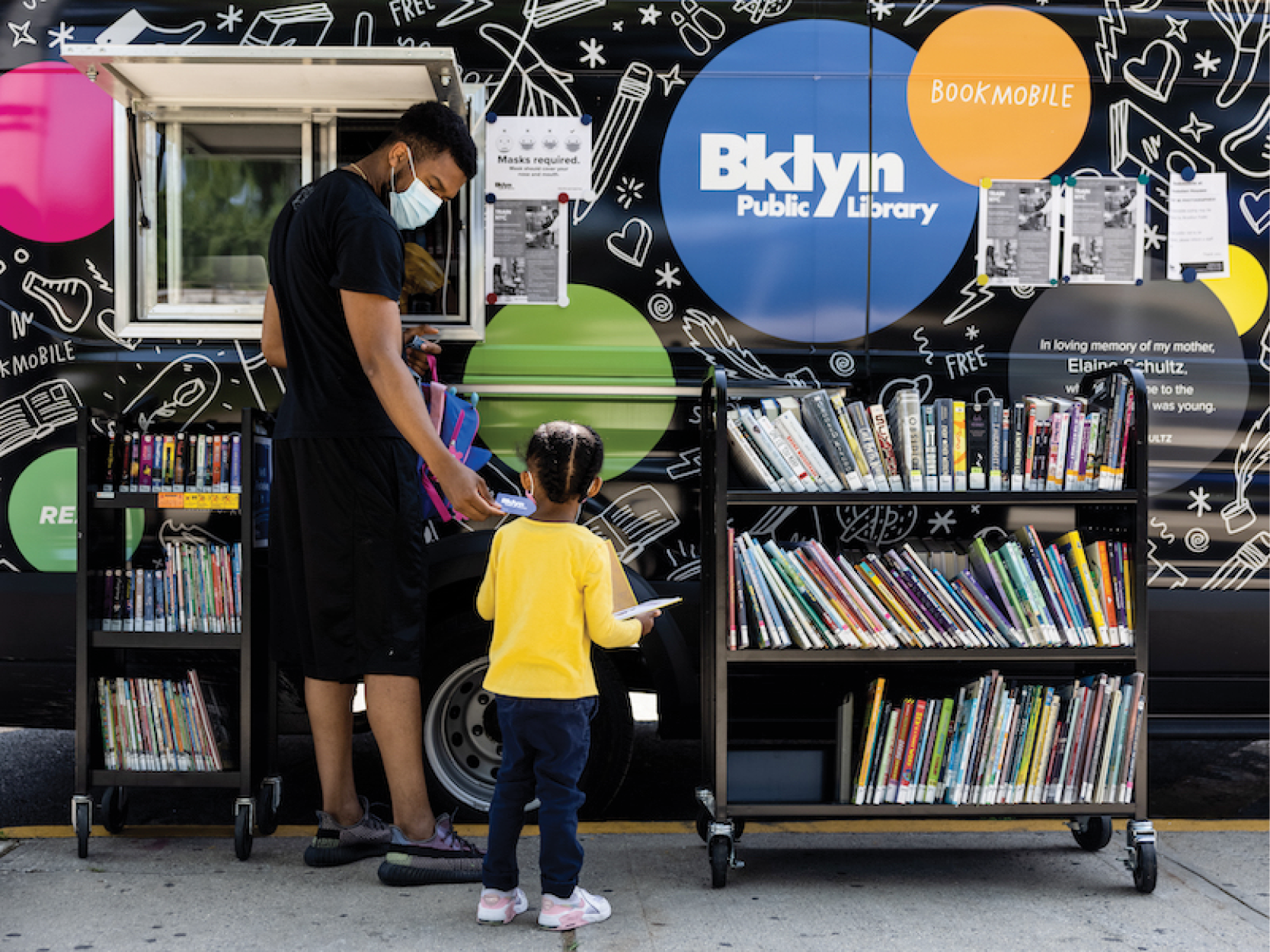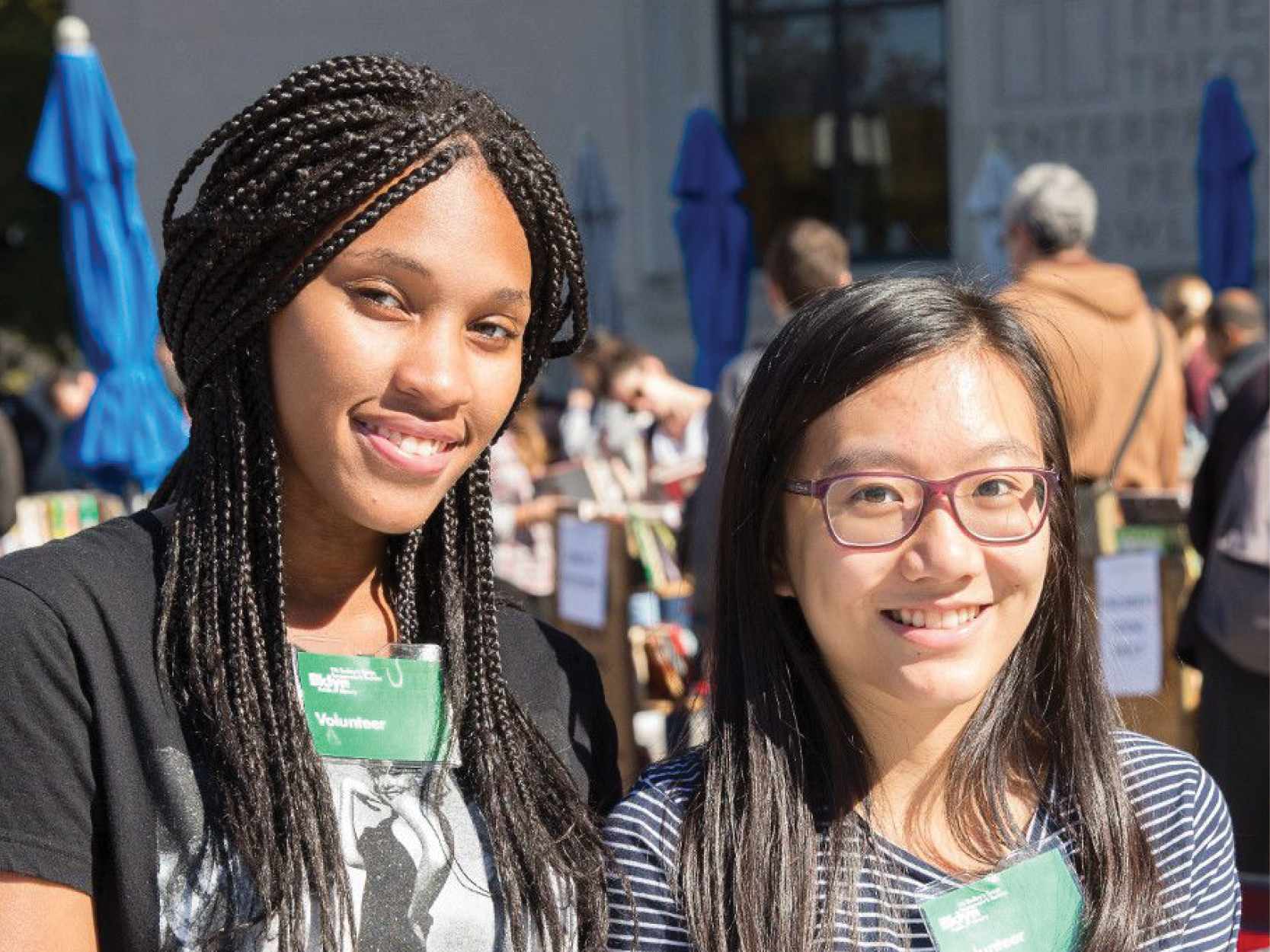I recently went to see Hadestown on Broadway. If you’re unfamiliar with the musical, it is a retelling of the Orpheus and Eurydice myth. The story goes like this: Eurydice is trapped in the Underworld as a result of a deal she made with Hades. Orpheus travels there to rescue her, and they are told that they can walk out of Hell, but if he looks back at Eurydice as they walk out, she has to return to the Underworld permanently. Just as they’re about to escape, Orpheus is plagued by doubt and turns to make sure that Eurydice is still following him. She gets pulled back into Hell as he laments his mistake. As I was watching Hadestown, there was a moment when I really believed that this time the story might end differently. You can read the full story of Hadestown in our collection, but as you can guess, Hadestown ends as all Orpheus and Eurydice tales do—even though I hoped that this time, they could have a happy ending. One difference in this version, however, is that our narrator Hermes starts the story over. As the music swells to recall the opening song of the play, he sings, “It’s an old song from way back when, and we’re gonna sing it again and again.” But why? Why restart the story? Why tell it over again if it’s just going to end the same way?
Though the story of Orpheus and Eurydice is often classified as a myth, I believe that their story fits better into the category of folktales. While myths tell the stories of the gods, folktales tell the stories of average people living their lives. They are timeless, drawing on universal struggles and universal themes, and these timeless themes find new life with every author who takes on a folklore or myth retelling.
In her brilliant Senegalese folklore retelling Redemption in Indigo, Karen Lord writes “I told you from the very beginning that it was a story about choices–wise choices, foolish choices, small yet momentous choices–for with choices come change, and with change comes opportunity, and both change and opportunity are the very cutting edge of the power of chaos.” Maybe this is what we’re searching for when we revisit familiar folktales. They provide order in the chaos of our world, the familiarity of choices leading to consequences. Since folktales draw on universal experiences, we can see our own struggles and choices reflected in the stories.
Catherynne Valente writes in Deathless, “You will always fall in love, and it will always be like having your throat cut, just that fast. You will always run away with her. You will always lose her. You will always be a fool. You will always be dead, in a city of ice, snow falling into your ear. You have already done all of this and will do it again.“ In this retelling of the popular Russian folktale of Koshei the Deathless, she means this literally. The characters are trapped in a lifetime-long time loop that forces them to relive the same story and make the same choices, with a vague understanding that this is how it has always been. I believe that she’s writing more broadly about the human condition. Maybe we don’t literally relive the same mistakes, but throughout history, people have made the same choices and mistakes and have been left to figure it out.
Ultimately, I think this is what draws me to folktales: they remind us that we are not alone. In my favorite folklore retelling called The Archive of Alternate Endings by Lindsey Drager, Drager turns everything you think you know about the Hansel and Gretel story on its head. She traces the story as it evolves from the very first telling through millennia into a world that has almost forgotten the written word. At one point, she observes, “It is easy to forget, but stories need not always have a purpose. We are quick to say that folktales have a moral or a lesson or a creed. But most of the stories that have survived the ages are told for one purpose only, and that purpose is to say this: ‘Being human is difficult. Here is some evidence.’” Maybe that’s the key. We retell stories over and over again to prove to ourselves and to each other that others have been here before. Maybe it doesn’t matter if they always end the same, or if we know what’s coming ahead. Maybe the important thing is simply in the telling.
This blog post reflects the opinions of the author and does not necessarily represent the views of Brooklyn Public Library.
Post a Comment
While BPL encourages an open forum, posts and comments are moderated by library staff. BPL reserves the right, within its sole discretion, not to post and to remove submissions or comments that are unlawful or violate this policy. While comments will not be edited by BPL personnel, a comment may be deleted if it violates our comment policy.
eNews Signup
Get the latest updates from BPL and be the first to know about new programs, author talks, exciting events and opportunities to support your local library.


